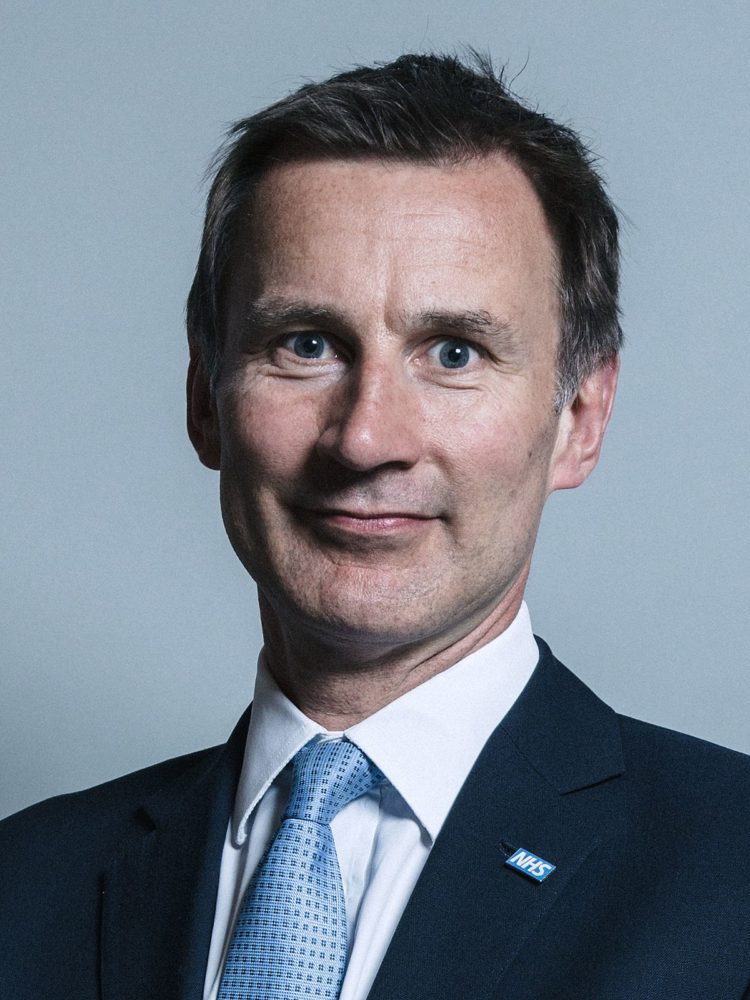By Ben Kerrigan-
The UK is on the brink of the longest recession in a century, after official statisticians said the economy shrank by 0.2% between July and September.
Chancellor, Jeremy Hunt has warned that the “tough road ahead” will require “extremely difficult decisions”.
The Office for National Statistics (ONS) said gross domestic product (GDP) fell by 0.6% in September, in part due to the Queen’s funeral, as several businesses shut down to commemorate her life and mourn her death.
It added to a 0.2% drop for the full quarter – lower than had been expected as the ONS revised its estimates for July and August.
The fall is the biggest quarterly and monthly falls since early 2021 when the UK went back into lockdown to combat the Covid-19 virus, the ONS said.
Reacting to the news, Jeremy Hunt said: “I am under no illusion that there is a tough road ahead – one which will require extremely difficult decisions to restore confidence and economic stability.”
“But to achieve long-term, sustainable growth, we need to grip inflation, balance the books and get debt falling.
“There is no other way.”
‘Putin’s war to blame’
The chancellor, who is preparing to deliver his crucial autumn statement next Thursday, blamed Russia’s war in Ukraine for driving up inflation.
“We are not immune from the global challenge of high inflation and slow growth largely driven by Putin’s illegal war in Ukraine and his weaponisation of gas supplies,” he said.
“While the world economy faces extreme turbulence, the fundamental resilience of the British economy is cause for optimism in the long run.”
Despite Mr Hunt’s warning, the quarterly contraction was not as bad as had been expected.
Economists polled by Reuters had expected contraction of 0.5% after the upwardly revised 0.2% growth in the second quarter.
The Bank of England last week already declared the UK was already in recession – outlining a scenario where the economy could contract for eight successive quarters from the third quarter of 2022.
That would make the downturn the most protracted since records began, though the depth of the plunge would be moderate in comparison to that after the 2008 financial crisis.
Even excluding the extra bank holiday in September, the Confederation of British Industry (CBI) said: “It’s clear that underlying activity has weakened.”
The downturn is being driven by the effects of falling consumer spending in the cost-of-living crisis, which has resulted in an economy 0.4% smaller than the COVID-19 pandemic.
The Office for National Statistics (ONS) said gross domestic product (GDP) fell by 0.6% in September, in part due to the Queen’s funeral.
It would also be the first time since 1975 that the UK has gone from one recession to another so quickly, economists at the Resolution Foundation said, should predictions come to pass.
Research director James Smith said: “Falling consumer spending has caused the economy to shrink in the third quarter of 2022.
“This has set Britain on course for the quickest return to recession in nearly half a century.”
The ONS said that around half of that drop for September was due to the bank holiday on the day of the Queen’s funeral.
Unlike most other bank holidays, there was no boost on that day for restaurants, pubs and tourist attractions as most businesses were closed, or reduced their opening hours.ONS director of economic statistics Darren Morgan said: “With September showing a notable fall partly due to the effects of the additional bank holiday for the Queen’s funeral, overall the economy shrank slightly in the third quarter.
“The quarterly fall was driven by manufacturing, which saw widespread declines across most industries.
“Services were flat overall, but consumer-facing industries fared badly, with a notable fall in retail.”
The reading comes just a week after the Bank of England published a caveated forecast that the UK might be headed for an eight-quarter recession – the longest consecutive recession since reliable records began in the 1920s.
However, the Bank warned that this would only happen if it raises interest rates to around 5.2% – which the market was expecting at the time.
It said it does not expect rates to reach such a high level, which would imply that the recession could be less drawn out.
The September figure was worse than expected – analysts had forecast a 0.5% drop during the month, according to Pantheon Macroeconomics.
However, the ONS changed its readings for August and July, helping for the quarter as a whole. The economy was previously thought to have shrunk by 0.3% in August but that was revised to 0.1%.
In July the economy had previously thought to have risen by 0.1% but the ONS changed that to 0.3%. Chancellor Jeremy Hunt said: “We are not immune from the global challenge of high inflation and slow growth largely driven by (Vladimir) Putin’s illegal war in Ukraine and his weaponisation of gas supplies.
“I am under no illusion that there is a tough road ahead – one which will require extremely difficult decisions to restore confidence and economic stability.
“But to achieve long-term sustainable growth, we need to grip inflation, balance the books and get debt falling. There is no other way.”
Shadow chancellor Rachel Reeves said the latest GDP figures are “extremely worrying”.
The Labour MP said: “Today’s numbers are another page of failure in the Tories’ record on growth, and the reality of this failure is family finances crunched, British businesses left behind, and more anxiety for the future.




